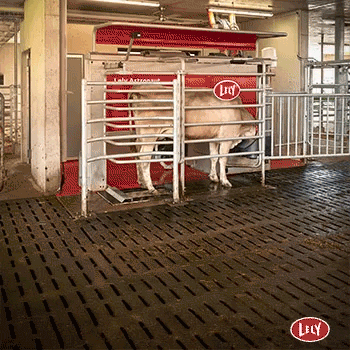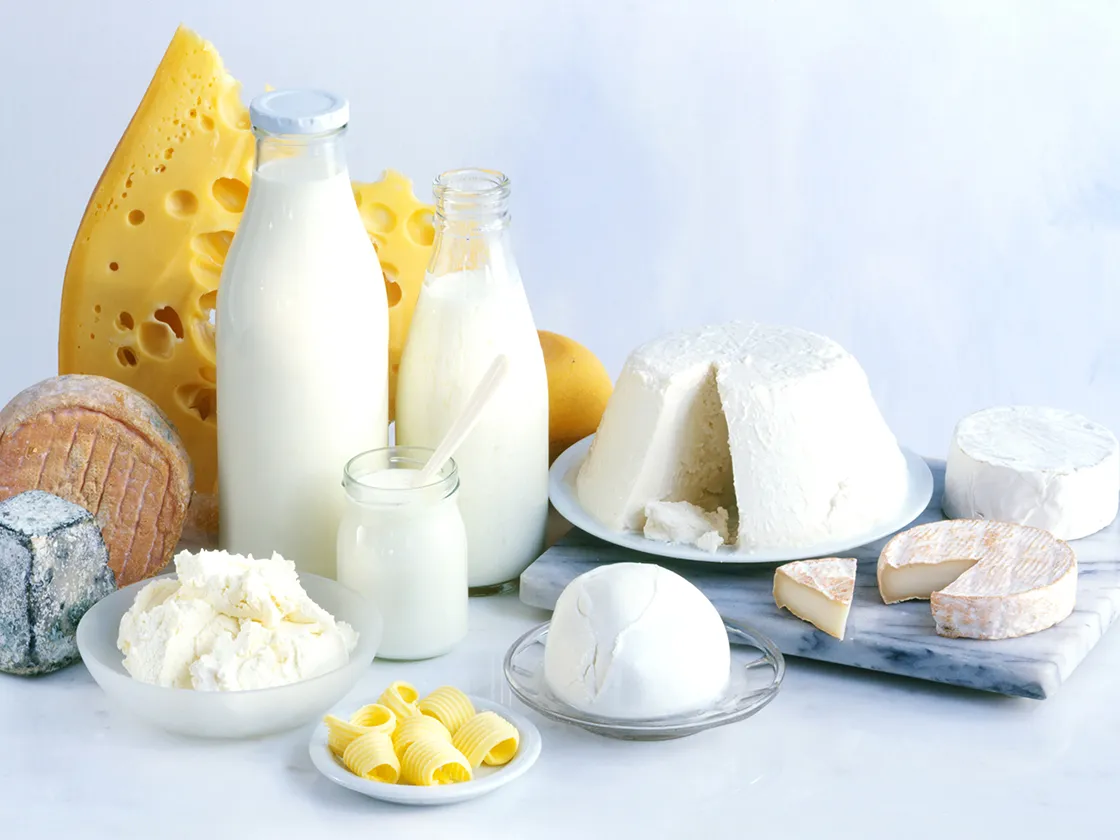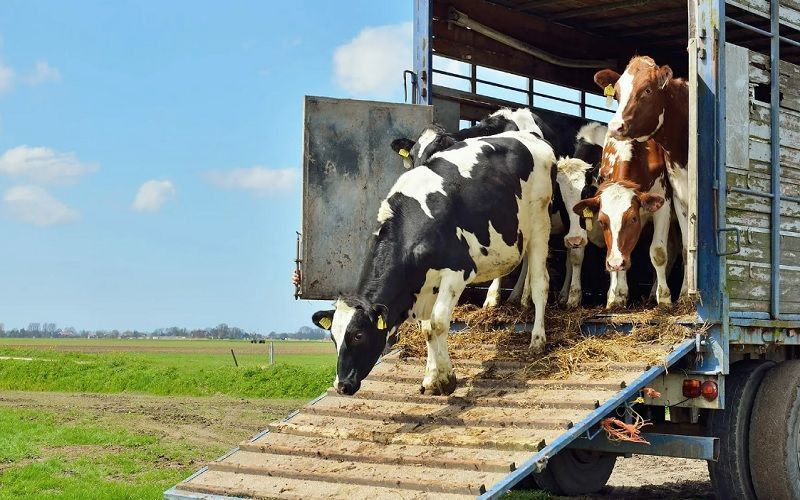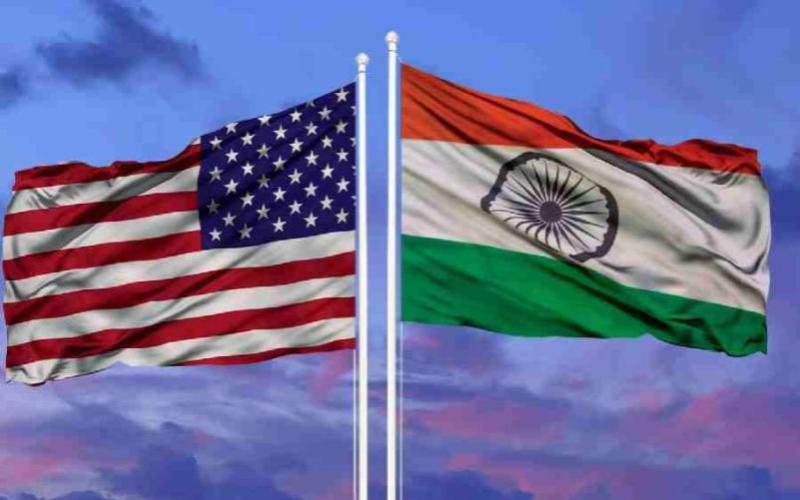Dairy Industry Says New Tariffs Could Be A ‘Useful Tool’ For Negotiating
Source: dairynews.today
President Trump announces new tariffs targeting key agricultural trade partners, which could benefit US dairy producers.
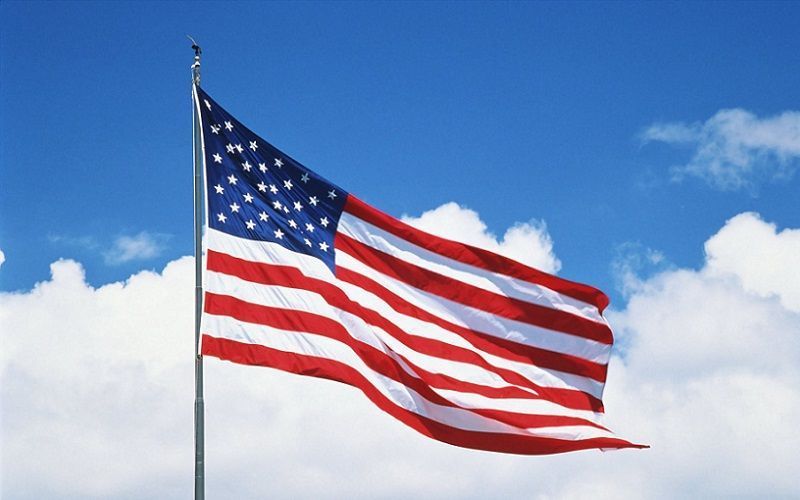
President Donald Trump has announced a series of reciprocal tariffs aimed at key agricultural trade partners, which are set to commence over the next few days.
The dairy industry is viewing these measures as potentially beneficial for US dairy producers.
The National Milk Producers Federation's President Geoffrey Doud remarked, "Tariffs can be a useful tool for negotiating fairer trade terms."
The measures include a baseline 10% tariff on all countries from April 5, 2025, with higher individualized tariffs on countries like China and the European Union, each of different rates, such as 34% on China and 20% on the EU. Krysta Harden, CEO of the US Dairy Export Council, supported the notion stating, "A firm hand is necessary with the European Union and India to rectify imbalanced trade policies."
Both leaders praise the US administration's focus on trade barriers against American exports and call for swift negotiations for expanding these relationships. While these tariffs may offer benefits to dairy producers, grain and cattle farmers are wary.
Farmer Chase Dewitz expressed concern over limited export markets due to escalating trade tensions.
The American Soybean Association reported over $27 billion in losses during the previous trade war with China, a situation yet to fully recover.
In conclusion, while the dairy industry holds optimism, other agricultural sectors, such as grain producers, may encounter financial challenges in the wake of these new trade policies.
The dairy industry is viewing these measures as potentially beneficial for US dairy producers.
The National Milk Producers Federation's President Geoffrey Doud remarked, "Tariffs can be a useful tool for negotiating fairer trade terms."
The measures include a baseline 10% tariff on all countries from April 5, 2025, with higher individualized tariffs on countries like China and the European Union, each of different rates, such as 34% on China and 20% on the EU. Krysta Harden, CEO of the US Dairy Export Council, supported the notion stating, "A firm hand is necessary with the European Union and India to rectify imbalanced trade policies."
Both leaders praise the US administration's focus on trade barriers against American exports and call for swift negotiations for expanding these relationships. While these tariffs may offer benefits to dairy producers, grain and cattle farmers are wary.
Farmer Chase Dewitz expressed concern over limited export markets due to escalating trade tensions.
The American Soybean Association reported over $27 billion in losses during the previous trade war with China, a situation yet to fully recover.
In conclusion, while the dairy industry holds optimism, other agricultural sectors, such as grain producers, may encounter financial challenges in the wake of these new trade policies.
Key News of the Week

